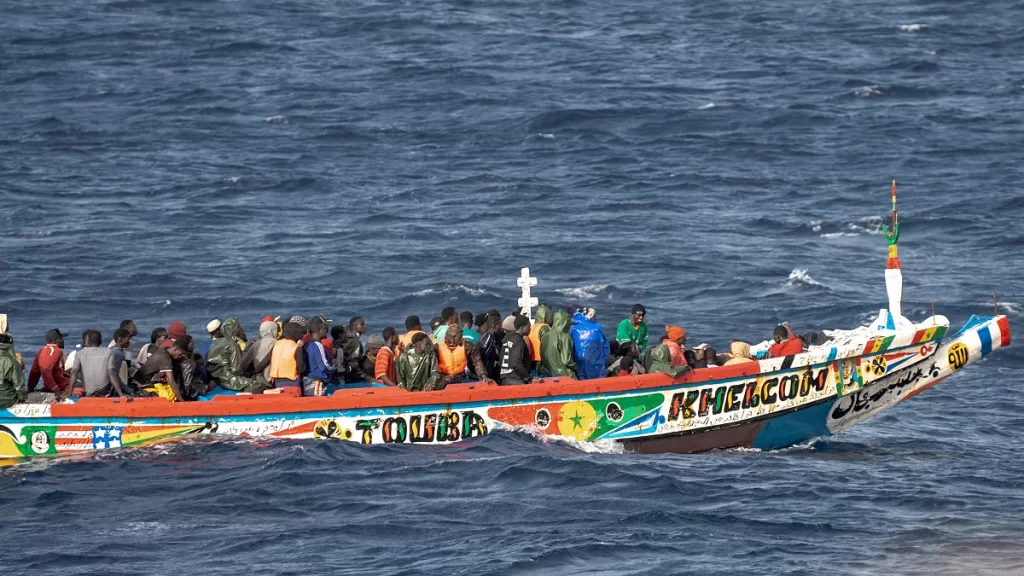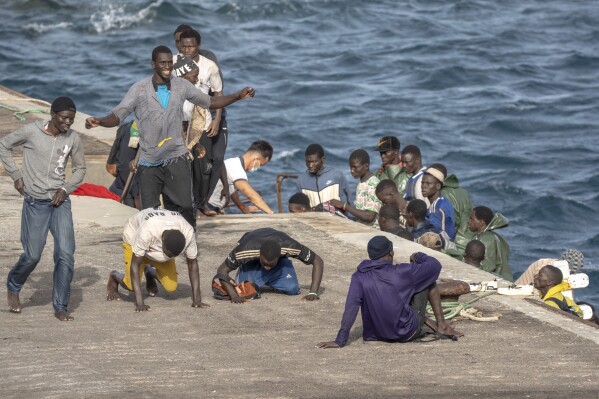Spanish Prime Minister Pedro Sánchez met with Canary Islands’ President Fernando Clavijo on Friday to discuss irregular migration, as the archipelago grapples with caring for thousands of unaccompanied minors who have arrived on its shores.

The meeting on La Palma island precedes Sánchez’s upcoming visits to Mauritania, Senegal, and Gambia to address irregular migration from West Africa.
Ángel Victor Torres, Minister for Territorial Policy and Democratic Memory, announced a 50 million euro ($55.6 million) aid package for the archipelago, reinstating support previously provided but omitted this year.
The Canary Islands have become a primary entry point for irregular migrants into the European Union. While adult migrants often move to mainland Spain or other parts of Europe, unaccompanied minors remain under regional government care.
Canary Islands officials report caring for over 5,500 unaccompanied minors, far exceeding their stated capacity of 2,000. This overflow has led to overcrowded shelters and limited access to essential services for these children.
Torres stated that Sánchez and Clavijo agreed to pursue long-term solutions, which would require legislative changes to mandate solidarity from other Spanish regions. A recent proposal to distribute unaccompanied minors across Spain failed in parliament in July.

Spain’s Interior Ministry reports that more than 22,300 people have arrived in the Canary Islands from January to mid-August this year, a 126% increase from the same period last year.
On Friday, Spain’s Maritime Rescue Service rescued 173 people, including six babies and eight women, from a boat near El Hierro island. Two bodies were also recovered.
The Atlantic route from West Africa to the Canary Islands is considered one of the world’s deadliest migration paths. Spanish migrant rights group Walking Borders estimates thousands of casualties, though exact figures are unavailable due to limited information on departures from West Africa.
Some migrant boats lost at sea have been found months later in the Caribbean and Latin America, carrying only human remains.
As migration pressures continue, Spanish authorities are working to balance humanitarian concerns with border control measures, while seeking cooperation from West African nations to address the root causes of migration.


